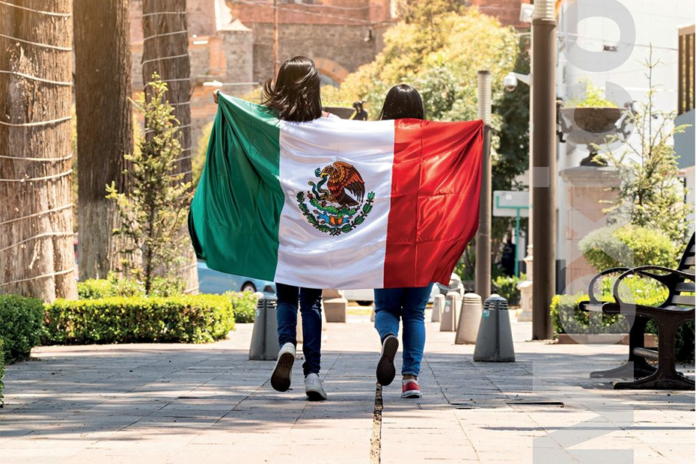Mexican President Claudia Sheinbaum has announced legal action against Google, accusing the tech giant of disregarding repeated diplomatic requests not to rebrand the Gulf of Mexico as the “Gulf of America” on its U.S. map platform.
While Sheinbaum did not disclose where the lawsuit was filed, the dispute centers on Google’s decision to adopt the new name following an executive order signed by U.S. President Donald Trump in January. The order, issued on Trump’s first day back in office, claims the renaming is justified since, according to him, “the U.S. does most of the work there.”
Earlier this week, the Republican-controlled House of Representatives passed a resolution supporting the name change for use by federal agencies.
Sheinbaum’s administration argues that the decree only applies to the U.S. portion of the continental shelf and does not grant Washington the authority to rename the entire Gulf, which is bordered by Mexico, Cuba, and the United States.
“All we want is for the U.S. government’s own decree to be respected,” Sheinbaum stated, criticizing what she called overreach.
In January, Sheinbaum sent a formal letter to Google urging the company to reverse its decision. A month later, she threatened legal consequences. Google, at the time, defended the move as consistent with its policy to reflect official government nomenclature where applicable.
The label change affects U.S.-based users, who now see “Gulf of America,” while international users see both names listed: “Gulf of Mexico (Gulf of America).” Users in Mexico continue to see only the original name.
The situation has sparked political tension in media circles as well. The Associated Press (AP) refused to adopt the new label, resulting in restricted access to White House events. A U.S. federal judge in April ordered the administration to lift the ban on AP.
Meanwhile, President Trump hinted he may recommend renaming the Persian Gulf during an upcoming visit to Saudi Arabia, opting to refer to it as the “Arabian Gulf.” Iran’s Foreign Minister Abbas Araqchi dismissed the idea as a provocative rumor, warning that such a change would trigger significant backlash from Iranians.




